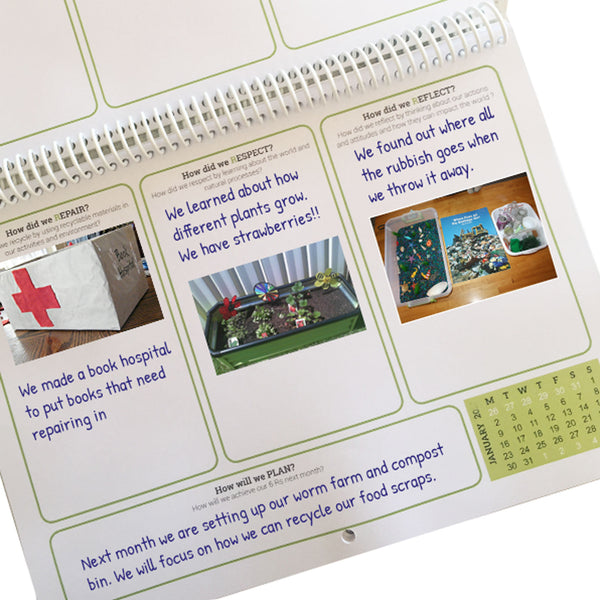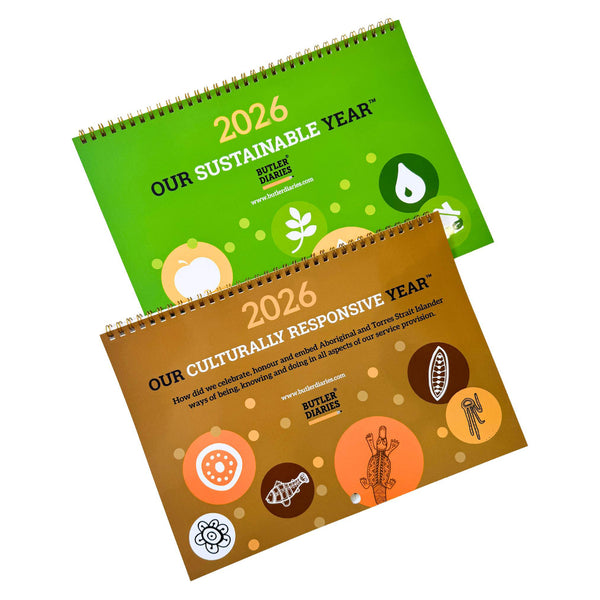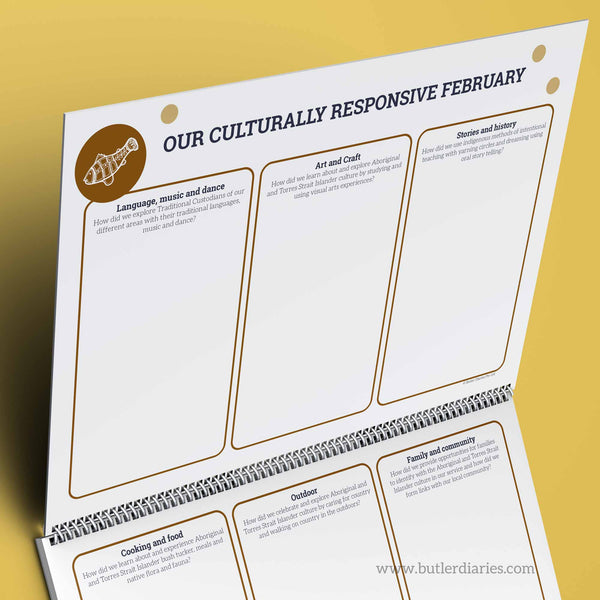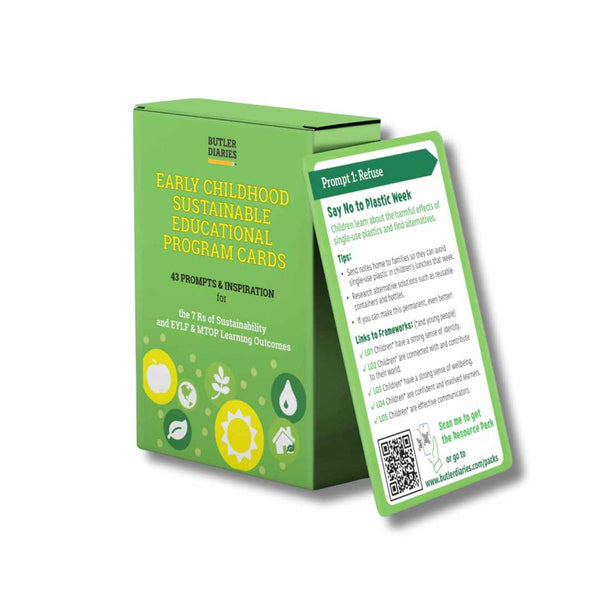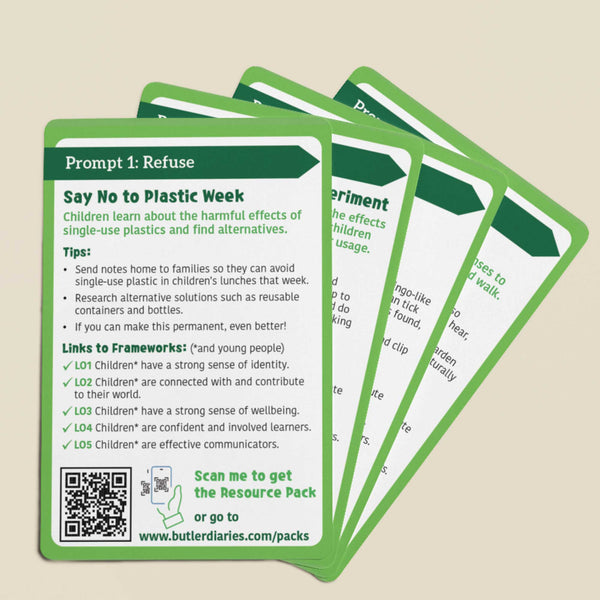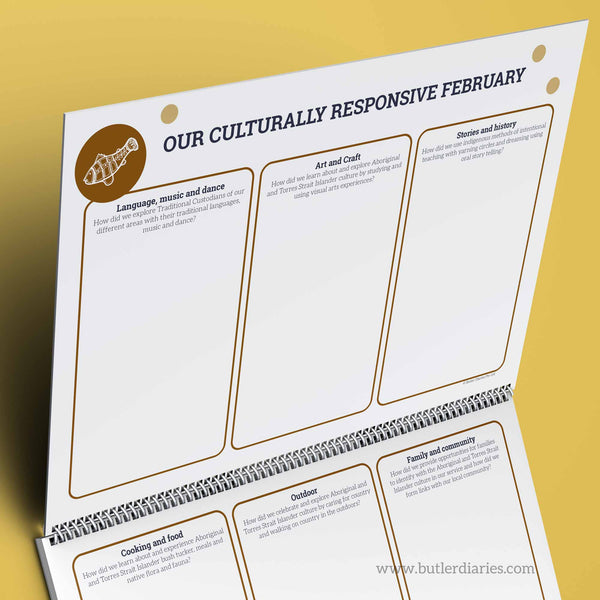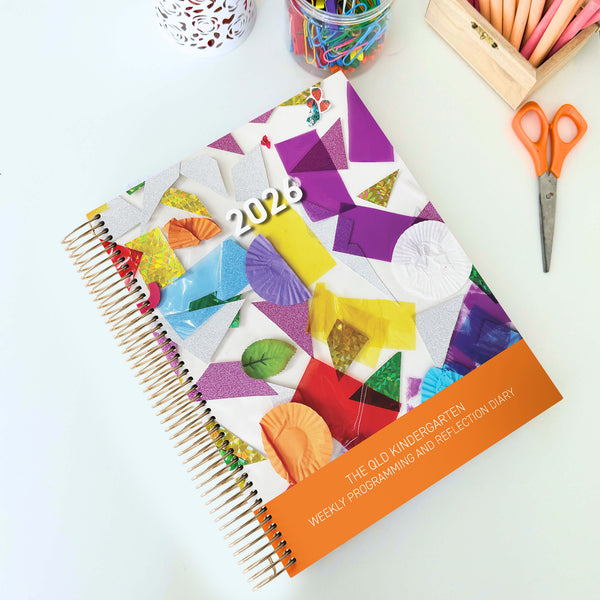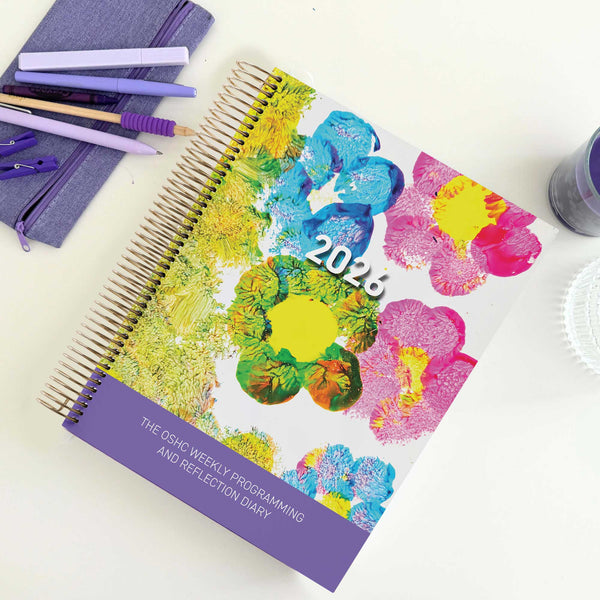Early Childhood Education and Care (ECEC) plays a pivotal role in shaping young minds and fostering lifelong learning. One of the critical lessons we aim to instill in our young learners today is the importance of sustainable practices. However, integrating sustainability into ECEC programs comes with its own set of unique challenges.
Understanding the Challenges:
-
Age-Appropriate Learning: Young children may find complex sustainability concepts overwhelming. The challenge lies in breaking down these concepts into age-appropriate, understandable, and engaging activities. Balancing depth of understanding with simplicity is key.
-
Resources and Materials: Implementing sustainable practices often requires specific resources and materials, such as recycling bins or eco-friendly art supplies. Procuring and maintaining these resources can be challenging for ECEC centres, especially those with limited budgets.
-
Teacher Preparedness: Educators themselves need to be well-informed about sustainability to effectively teach it. Providing professional development opportunities for teachers to enhance their knowledge and teaching strategies is essential.
-
Cultural Responsiveness: Ensuring that sustainability lessons are culturally responsive is crucial. ECEC programs often serve diverse communities, and sustainability practices may vary across cultures. It's vital to approach sustainability in a way that respects and incorporates cultural perspectives.
-
Parent Engagement: Encouraging parents to embrace sustainable practices at home can be challenging. ECEC centres need to establish strong partnerships with parents to reinforce sustainability messages beyond the classroom.
-
Assessment and Documentation: Documenting a child's progress in understanding and practicing sustainability can be intricate. The ECEC program must have a clear and efficient assessment process that aligns with sustainability learning outcomes.

Embedding Sustainability
To overcome these challenges, ECEC programs can adopt the following strategies for embedding sustainability effectively:
-
Curriculum Integration: Infuse sustainability concepts into daily activities, stories, and art projects. You can capture your learning into your Our Sustainable Year Wall Calendar.
-
Hands-On Experiences: Engage children in hands-on activities like gardening, recycling, or nature walks. Practical experiences make abstract concepts more tangible. It can be challenging coming up with these concepts on your own so we've developed the Sustainable Educational Program Cards to provide age-appropriate and engaging Sustainable Experiences along with a Resource Library to support you in implementing it.
-
Teacher Training: Invest in continuous professional development for educators to equip them with the knowledge and teaching strategies needed to address sustainability effectively.
-
Community Involvement: Collaborate with local community organisations and experts in sustainability to enrich the learning experience. We've included ideas for connecting with the community in our Sustainable Educational Program Cards.
-
Parent Workshops: Organise workshops and information sessions for parents to educate them about the importance of sustainability and how they can support it at home.
-
Documentation: Implement a clear and efficient documentation system that tracks each child's progress in understanding and practicing sustainability. Share this progress with parents to encourage their involvement.

Teaching sustainability to young children in ECEC programs is not without its challenges, but it is a mission worth pursuing. By embracing age-appropriate learning, providing resources, and fostering teacher preparedness, ECEC centres can successfully integrate sustainability into their programs. By addressing these challenges with dedication and empathy, we can instil in young minds the values and practices of sustainability, ensuring a brighter, greener future for generations to come.
If you would like help implementing and documenting your Sustainability, the complete Sustainability Bundle might be right for you. It includes the Sustainable Educational Program Cards Deck 1 and our brand new 3 Dimensions of Sustainability Deck 2 AND the Our Sustainable Year Wall Calendar to document and share these sustainable experiences.
Wondering if capturing Sustainable learning on paper is right for you and your service? Check out the article Digital vs. Paper: What's Right for your Service? and make the choice that's right for you.
You can also see an example of sustainability in practice here.










